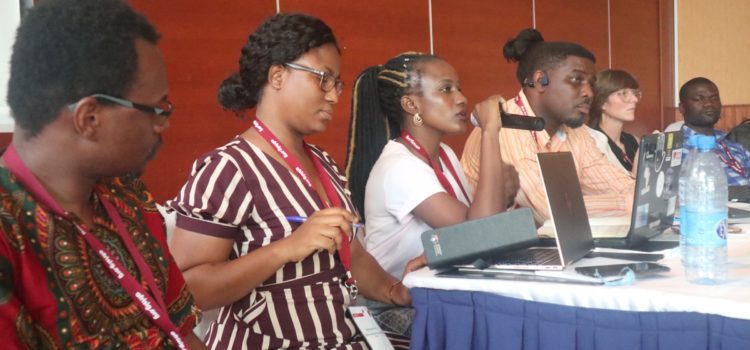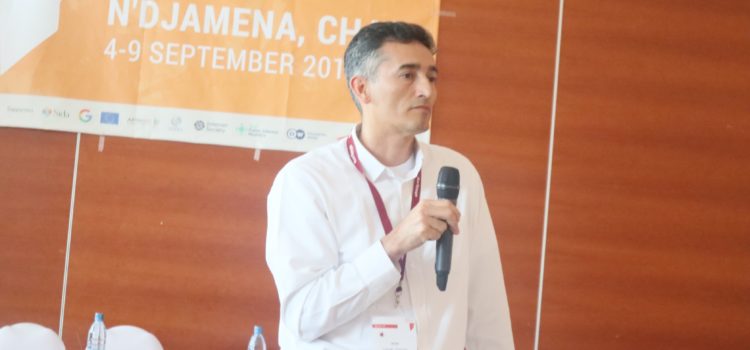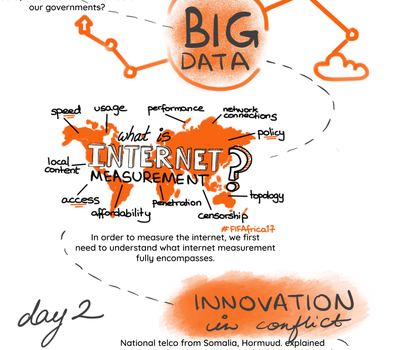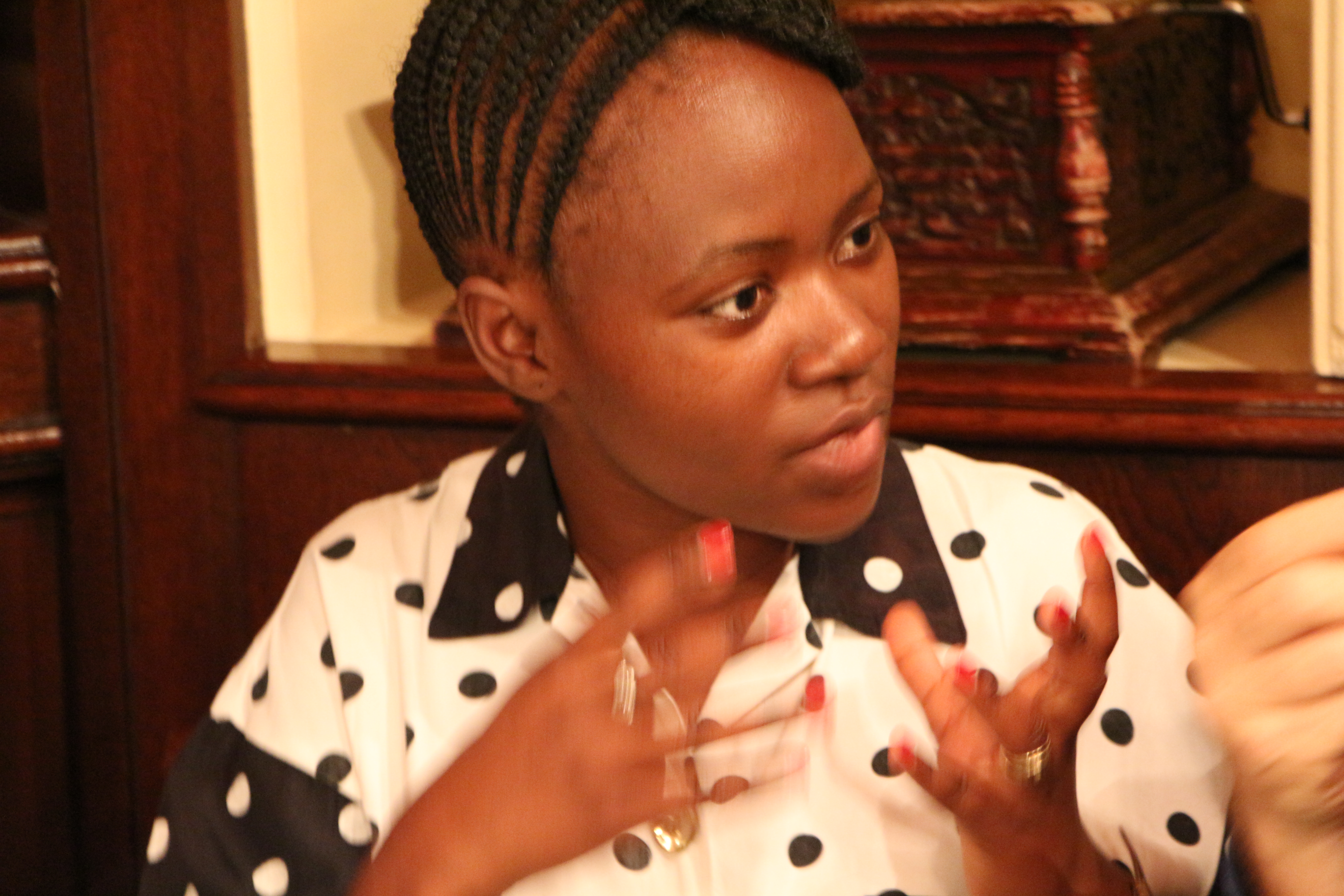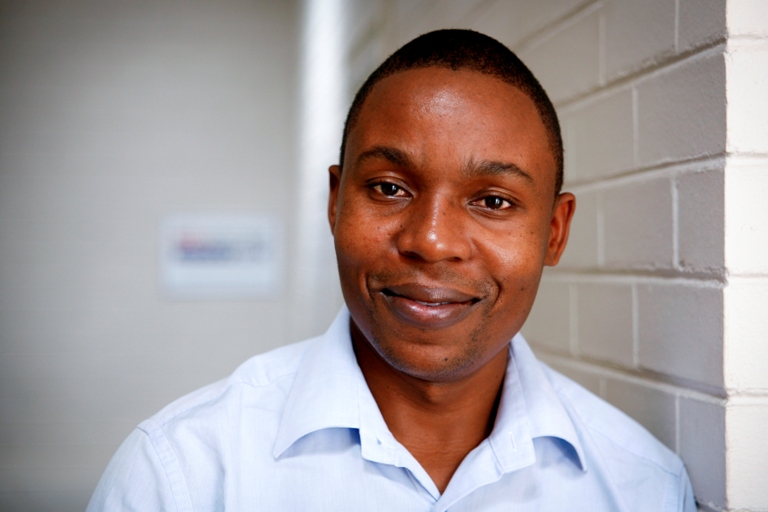From all the topics taught at the school, I was particularly fascinated by the topic “Internet governance and sustainable development, climate and the impact of the environment of digitalisation”. I was interested in understanding how internet governance should address sustainable development and a sustainable environment.
A need for a sustainable environment discussion in the internet governance space
